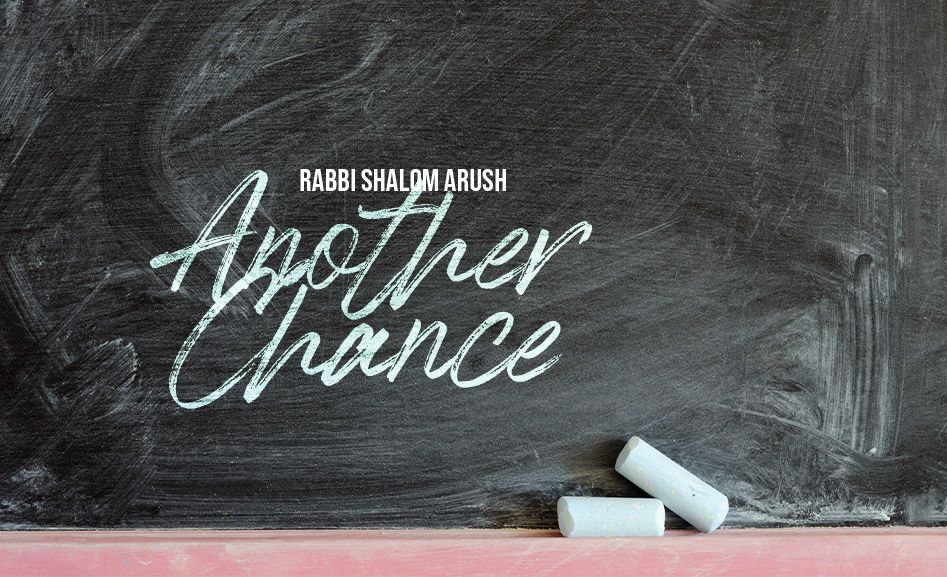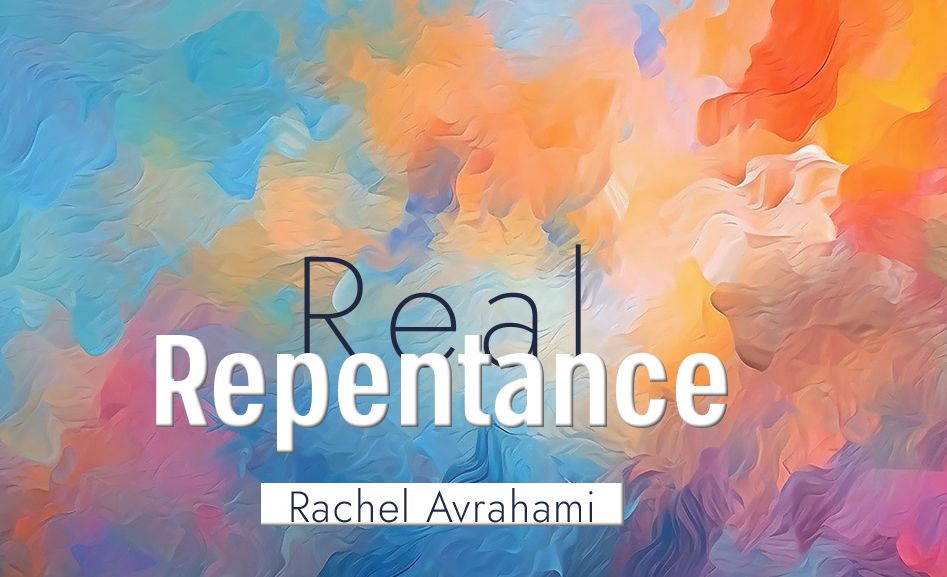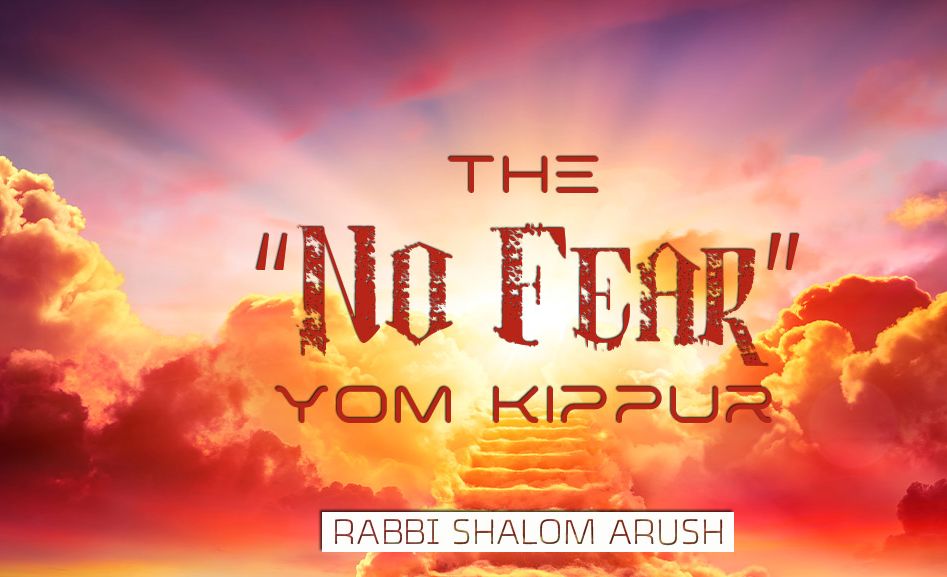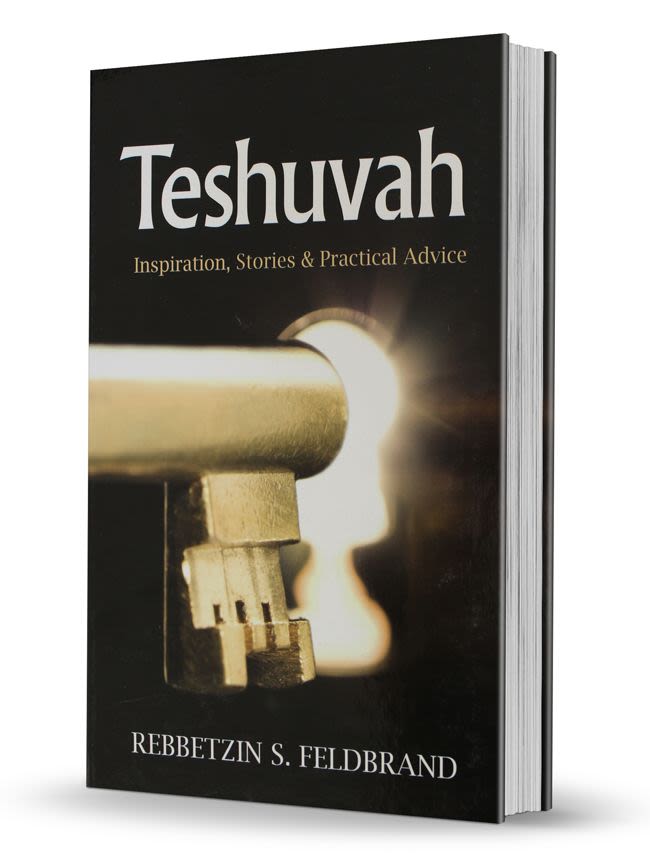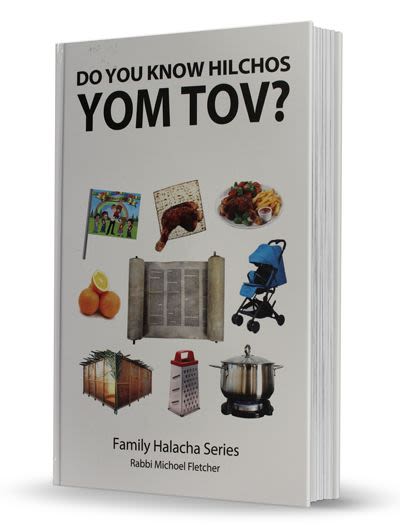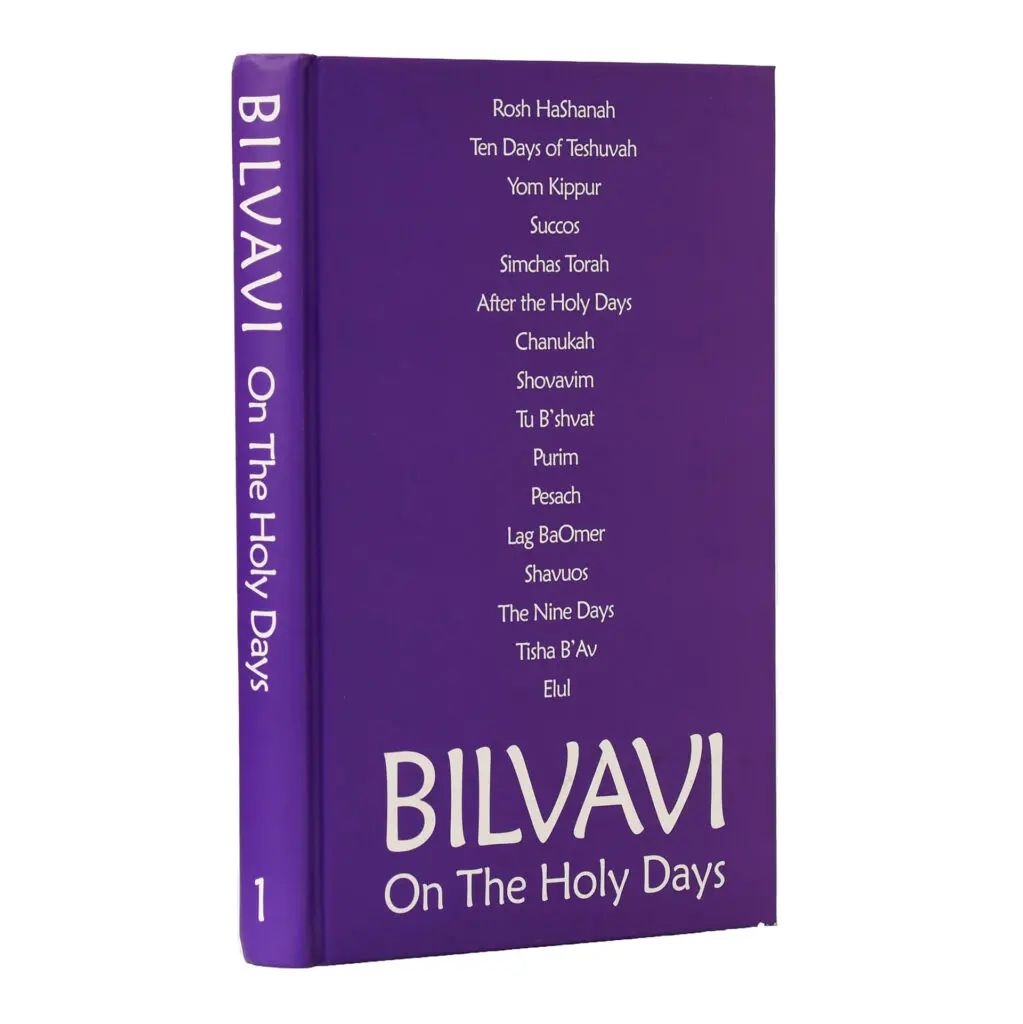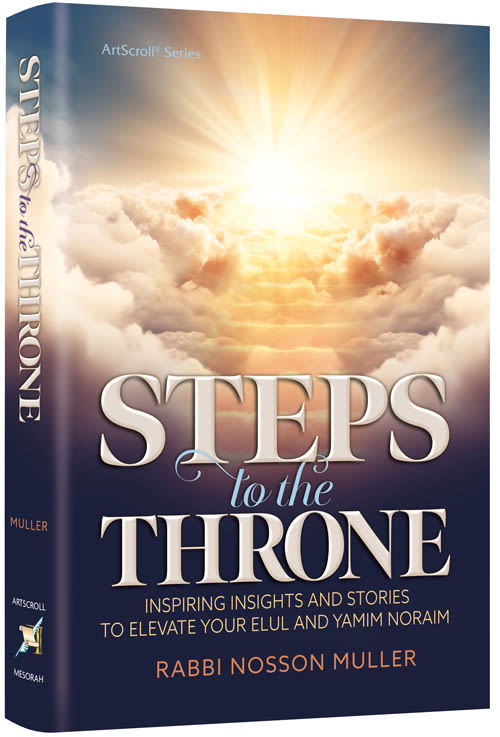
Yom Kippur: Fear or Joy?
People are so afraid of Yom Kippur. What are they afraid of? The fast? Being in synagogue all day long? The finalization of the Heavenly Verdicts passed on Rosh Hashana?

Translated by Rabbi Lazer Brody
People are so afraid of Yom Kippur. What are they afraid of? The fast? Being in synagogue all day long? The finalization of the Heavenly Verdicts passed on Rosh Hashanah?
Hold on – the Gemara in tractate Taanit says that the Jewish people have no happier days than the 15th of Av and Yom Kippur. Everyone knows that the 15th of Av is a special day for weddings and shidduchim, a day that wonderfully good things happened in our people’s history. But what’s so wonderful about Yom Kippur? Why do people dread this awesome day?
Imagine that you owe the bank $3 million. The bank manager calls you into his office and offers you a deal – if you spend 24 hours expressing your remorse for your debts, he’ll wipe your slate clean. Who wouldn’t consider such a day as a magnificent holiday? In 24 hours, you won’t owe a cent! You’ve just had a day of financial clemency; no more debt!
Yom Kippur is the “Day of Atonement” – the day of spiritual clemency, that is, if a person does true teshuva. No more spiritual debt! No wonder the Gemara says that it’s the best day of our year.
Teshuva is always effective, no matter how serious the transgression.
Let’s not wait until Yom Kippur to have a day of spiritual joy and atonement. Every day can be that way. With daily hitbodedut and concerted effort to judge oneself, a person will be cleansed of all sin and freed from all the suffering and tribulations that have tormented him until now.
With daily teshuva and self-evaluation, a person will stand in front of Hashem on Yom Kippur clean of all sin. He’ll pass his Day of Judgment with a smile on his face, for he hasn’t waited for the last minute to do teshuva. Otherwise, he would have to recollect and confess each and every flawed thought, word and deed of the last 365 days! How can he possibly remember what every tiny misdeed from three, six, or nine months ago? Impossible!
By consistently practicing daily hitbodedut, a person can rectify everything in this lifetime. He’ll leave this world as sinless as a newborn infant. He won’t have to be judged nor will he have to be reincarnated. He’ll receive magnificent rewards for his daily hour of hitbodedut.
There was a Breslever chassid who was dying. The chevra kadisha (burial society representatives) came to him as they customarily do during one’s final moments on earth, to assist him to make a final confession of his sins before he dies. The dying chassid opened his eyes and asked, “Tell me, how is it possible for me to confess all the sins of my days in my last weak moments? Every day I did an hour of hitbodedut. Today too I did hitbodedut; I did teshuva for the wrongdoings of my last day on this earthly world… I have confessed all that I need to confess…” He then said “Shema Yisrael”, closed his eyes and died.
How can a person achieve such amazing self-composure on his death bed? There’s one way only – by practicing hitbodedut every day of his life. If we contemplate this matter, we’ll see that one can’t possibly recollect, confess and repent for all of the thoughts, words and deeds of a lifetime.
Don’t confuse self-judgment with self-punishment! The essence of one’s self-evaluation is simply to ask himself if he has acted correctly; if not, he merely needs to acknowledge his misdeeds and confess them. He must then ask Hashem to forgive him as well as to help him rectify his flaws. That’s all! He is then cleansed of his sin and rewarded for having done teshuva.
The Gemara teaches that in merit of one person’s teshuva, the entire world is pardoned! We can’t fathom the magnitude of Hashem’s mercy. We can now appreciate the Zohar’s saying, namely, that just as Hashem’s magnitude is beyond our grasp, so too is Hashem’s mercy!
Life is overflowing with trials and tribulations, especially during the adolescent years when physical desires are overpowering. Adolescents don’t yet know how to cope with these physical desires, nor do they possess the tools needed to overcome their mighty evil inclination. If they would “meet” with Hashem on a regular daily basis, opening their hearts out to Him and telling Him everything that’s happening in their lives, they’d outsmart their growing evil inclination. Without hitbodedut, the tests they face are virtually insurmountable.
Adolescents who were raised in a Torah environment are especially embarrassed seek advice from people they know, fearing that their mounting evil inclination attests to the fact that are bad, unwholesome, and beyond rectification. They’ve been conditioned to believe that a person with shortcomings is terrible. Yet, no one gave them the tools to strengthen themselves. They try to conceal what they feel and do. In attempting to deal with their problems on their own – without talking to Hashem and without asking for His help, they fall even lower, lacking the spiritual stamina to fight against their evil inclination.
Without hitbodedut, we have trouble enduring the trials and tribulations of this world! This world is a difficult battleground for anyone who does not practice an hour of hitbodedut each day. Rebbe Nachman of Breslev teaches that the most powerful weapon a person has is prayer. How can a person fight a battle without a dependable and powerful weapon?
The Gemara teaches that we daily face the challenge of our powerful evil inclination; without Hashem’s help, we can’t overcome it. Hashem helps those who turn to Him and ask for His help. He has given us the freedom of choice to try to manage on our own or to ask for His help; Hashem never turns away those who seek Him, even if they walk in the synagogue on Yom Kippur for the very first time in their lives. Gmar Chatima Tova!



